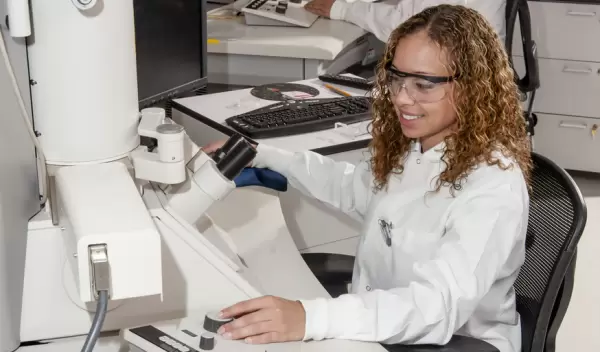
New NSF awards seek to broaden participation in biology through research experiences for recent college graduates
To reduce the barriers to entry into careers in the biological sciences and produce a more diverse workforce, the U.S. National Science Foundation has made 12 new awards totaling more than $35 million through its Research and Mentoring for Postbaccalaureates in the Biological Sciences program, known as RaMP. The awards will support the creation of networks providing research experiences and mentoring to recent college graduates who have had few or no research and related training opportunities during college.
"Individuals from groups underrepresented in STEM and students at under-resourced institutions frequently have limited opportunities to participate in the undergraduate research experiences necessary to be competitive for graduate programs or other STEM career pathways, slowing efforts to ensure diversity and inclusion in STEM fields," said NSF Assistant Director for Biological Sciences Joanne Tornow. "The path to a career in STEM often has twists and turns, but it should not have roadblocks. These awards will help eliminate some of the barriers that exist and help broaden participation in the biological sciences."
The networks supported by RaMP will provide experiences that are critical for transition into the STEM workforce, including into research-focused master's or doctoral programs, industry, federal or state agencies, or education and research centers.
The experiences span the field of biology, from research on biomolecular computational structure to population and species-level studies of responses to climate change. Each network will engage multiple institutions, including a total of 24 minority-serving institutions and five indigenous tribal nations, providing experiences for hundreds of individuals from backgrounds underrepresented in STEM.
In addition to RaMP, NSF recently began other programs focused on broadening participation in the biological sciences. One supports research experiences for middle and high school teachers, especially those from backgrounds underrepresented in STEM or those who teach in underserved areas. Another is aimed at building capacity among new faculty members at minority-serving institutions and other institutions not among the nation's most research-intensive. A third engages professional societies to drive cultural change in the research environment.
Learn more about the RaMP program and view the full list of awards by visiting nsf.gov. More information is also available on related programs designed to broaden participation in the biological sciences, including Research Experiences for Teachers Sites in Biological Sciences and Building Research Capacity of New Faculty in Biology.


